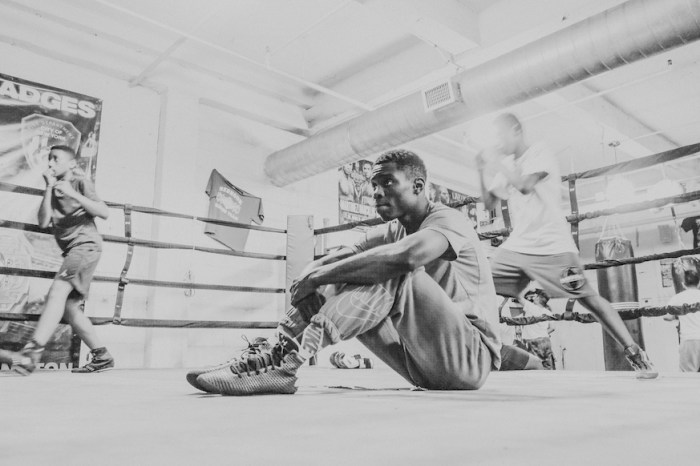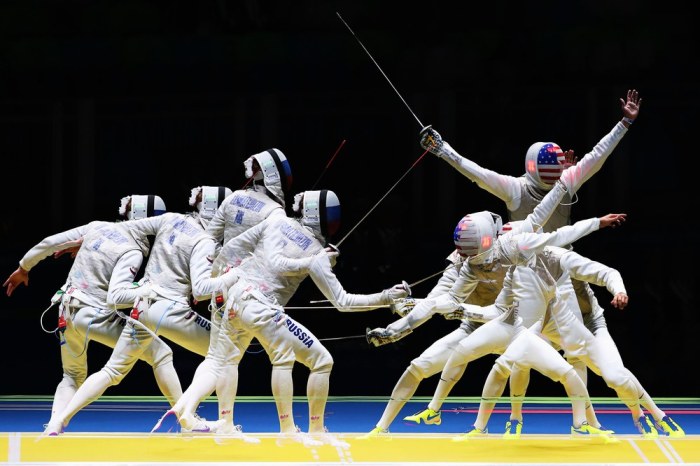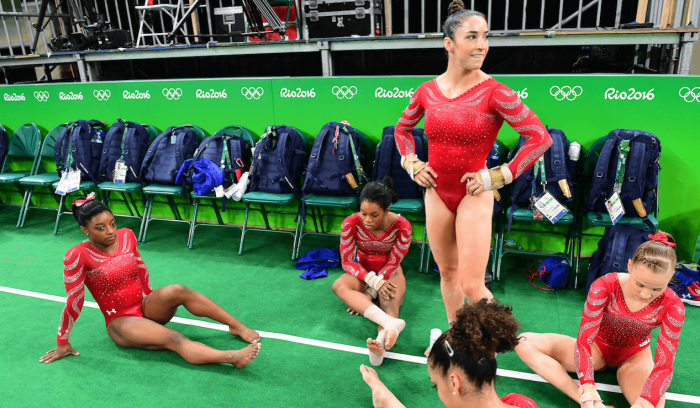By Mark Trevelyan and Jack Stubbs
RIO DE JANEIRO (Reuters) – The women’s 100 meters breaststroke final at the Rio de Janeiro Olympics on Monday had already crackled with tension in a tight finish but it was nothing compared to what transpired afterwards. American Lilly King held off fast-finishing Russian Yulia Efimova to clinch the title, with fellow American Katie Meili winning bronze. King broke the Olympic record to win.
If the race itself was nail-biting, the aftermath was excruciating given King had stoked the flames beforehand, speaking out against the inclusion of Efimova after she successfully appealed a ban imposed for past doping suspensions. After the victory ceremony, the two Americans wrapped themselves together in the Stars and Stripes. Efimova, who had broken down in tears, stood awkwardly to one side.
The three were then obliged to attend a joint media conference that was dominated by the issue of doping, especially since King had criticized the Russian for raising her finger in victory after winning her semi-final. “You’re shaking your finger ‘number one’ and you’ve been caught for drug cheating,” she had told reporters on Sunday. “I’m not a fan.”
With Efimova booed every time she stepped onto the pool deck, the pressure had been on the American to beat the Russian world champion, though the 19-year-old said she felt that any Olympic final was full of tension. “Even just going in to your first Olympic final, any Olympic final for that matter, the pressure is going to be on,” she said. “But especially standing up for what I believe is right, I felt that I needed to perform and do better than I had in the past. “I do think it is a victory for clean sport and just to show that you can do it while … competing clean your whole life.”
Efimova told reporters that she had not slept for the past month as she waited to learn whether she would be allowed to compete in Rio.
That question was resolved only last Friday when she won her legal challenge against her exclusion by arguing she had served her suspensions and should not be punished again.
At the news conference, she spoke in a trembling voice and struggled to keep her composure as she acknowledged in broken English she had “made mistakes” and complained at the media coverage she had received. She later switched to her native Russian when she was asked about her opponents’ failure to congratulate her after the race.
“I perfectly understand athletes who do this,” she said.
“But on the other hand I don’t understand, because it always used to be that all athletes were above politics.
“It’s really hurtful because now lots of athletes don’t understand that, they simply watch the television and believe everything.”
King, who did not have headphones to hear the translation, rolled her eyes while Efimova was speaking and defended herself for not shaking hands with the Russian.
“If I had been in Yulia’s position I would not have wanted to be congratulated by someone who was not speaking highly of me,” King said.
“So if she was wishing to be congratulated, I apologize. She had a fantastic swim and I always look forward to racing her, but I was really just in the moment celebrating with Katie.”
(Editing by Greg Stutchbury)















